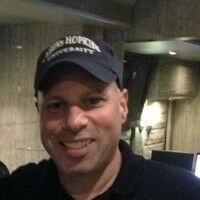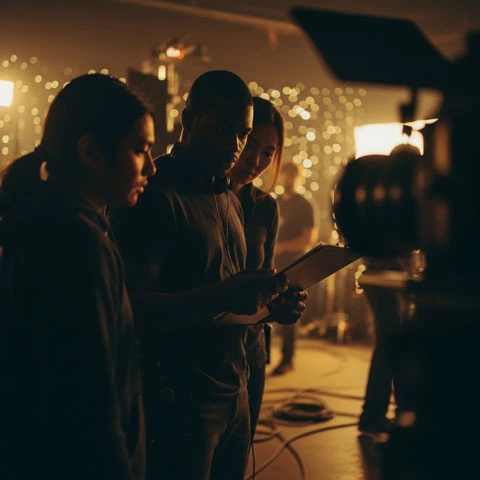Juanma Mallen: Actor, producer and screenwriter in Madrid, Spain.
Juanma's Latest Lounge Posts
- Reflection of an actor on the fear of AI in cinema
- Marketing in today’s cinema is indispensable.
- A Reflection on Censorship Imposed by Large Corporations in Cinema and How Independent Filmmakers Should Fight Against It
- Reflection: When Power in the Film Industry Becomes Abuse
- Low-budget shoot that includes action scenes with firearms










